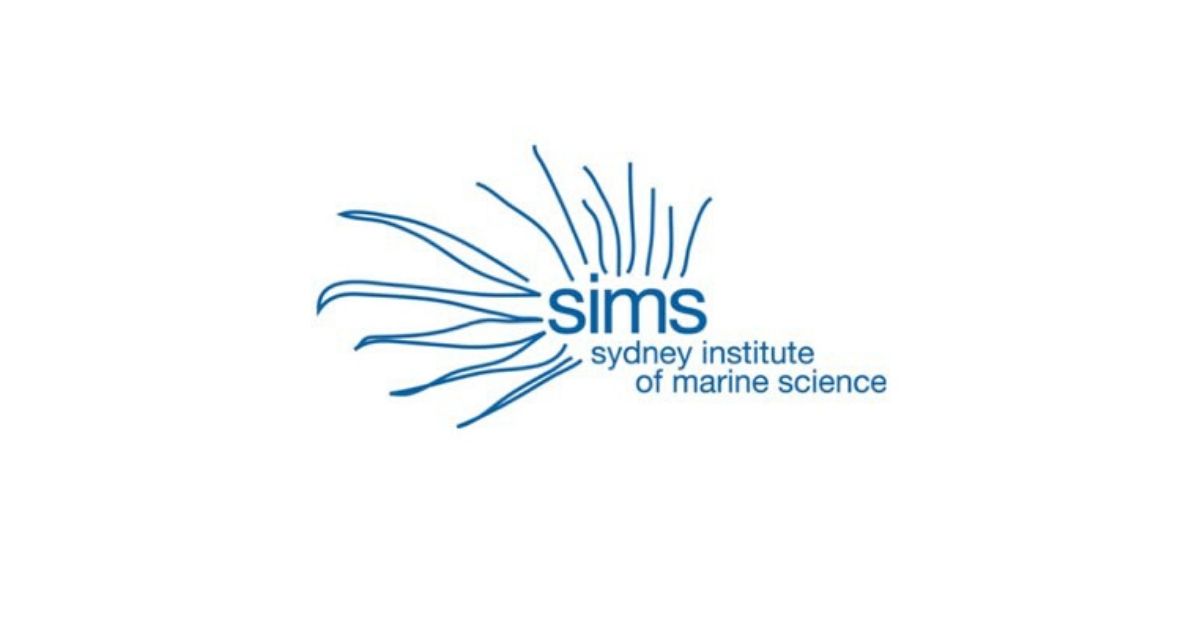Background
A Postdoctoral position in benthic ecology is being offered by The Sydney Institute of Marine Science (SIMS) under this new RAAP grant. The successful candidate will work with two other post-docs currently supported by previous and continuing RAAP funding. The overarching aims of this collaborative RAAP project are to: 1) Transform IMOS benthic measurements into monitoring indicators that can be used to evaluate ecosystem status and the impacts of pollution, factors influencing fisheries production and climate change and; 2) provide the data and analytical platform for a NSW-wide marine ecosystem model. This position will be responsible for analysing existing benthic data sets, derived primarily from visual imagery from both IMOS and NSW State government programs. They will work to integrate the benthic data with other biological and physical data sets so as to accomplish the overarching aims.
Job Role
Primary Purpose of Position The successful candidate will undertake research as part of the NSW Integrated Marine Observing System (NSW-IMOS) Program and collaborate with related programs such as the NSW Marine Estate Management Strategy, at the Sydney Institute of Marine Science (SIMS). The role will contribute to improving understanding of large-scale patterns in NSW benthic communities, how these communities respond to a variety of high-level drivers, and how benthic communities interact with water column processes and communities, i.e. benthic pelagic coupling. It is anticipated that outcomes of this project will include high impact data products and research publications. The successful candidate will also be part of a team of other post-doctoral researchers at SIMS in contributing to the development of a vibrant research culture at the Institute.
Selection Criteria
- PhD in quantitative benthic ecology
- Car driver’s licence
- Scientific SCUBA diving certificate highly desirable
- A strong and broad understanding of contemporary marine benthic ecology
- High level quantitative and analytical skills, with some exposure to/understanding of modelling useful
- An understanding of the role of climate change and other anthropogenic drivers on benthic ecosystems
- Familiarity with linkages between benthic systems and oceanographic phenomena
- Demonstrated high level written and verbal communication skills.
- Excellent interpersonal skills, experience with liaising with researchers within and across research teams to resolve issues, negotiating access to data and resources, documenting results to meet project goals and timelines, and preparing publications for leading international journals.
- Demonstrated ability to work flexibly and independently under broad direction and working conditions (including where appropriate for field-based work), within a multidisciplinary research focussed team environment.
For more information and how to apply, click here.
Story by The Sydney Institute of Marine Science





